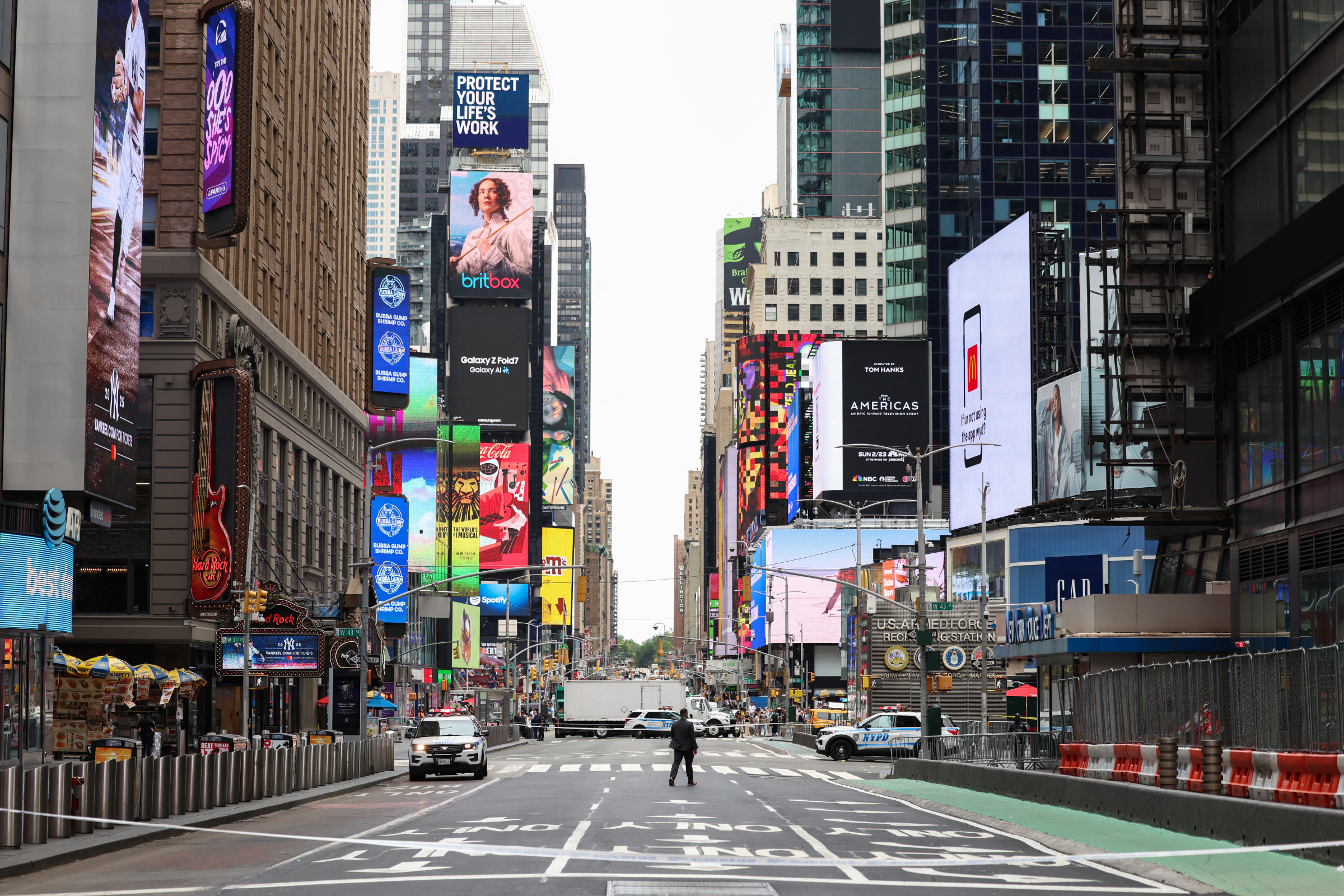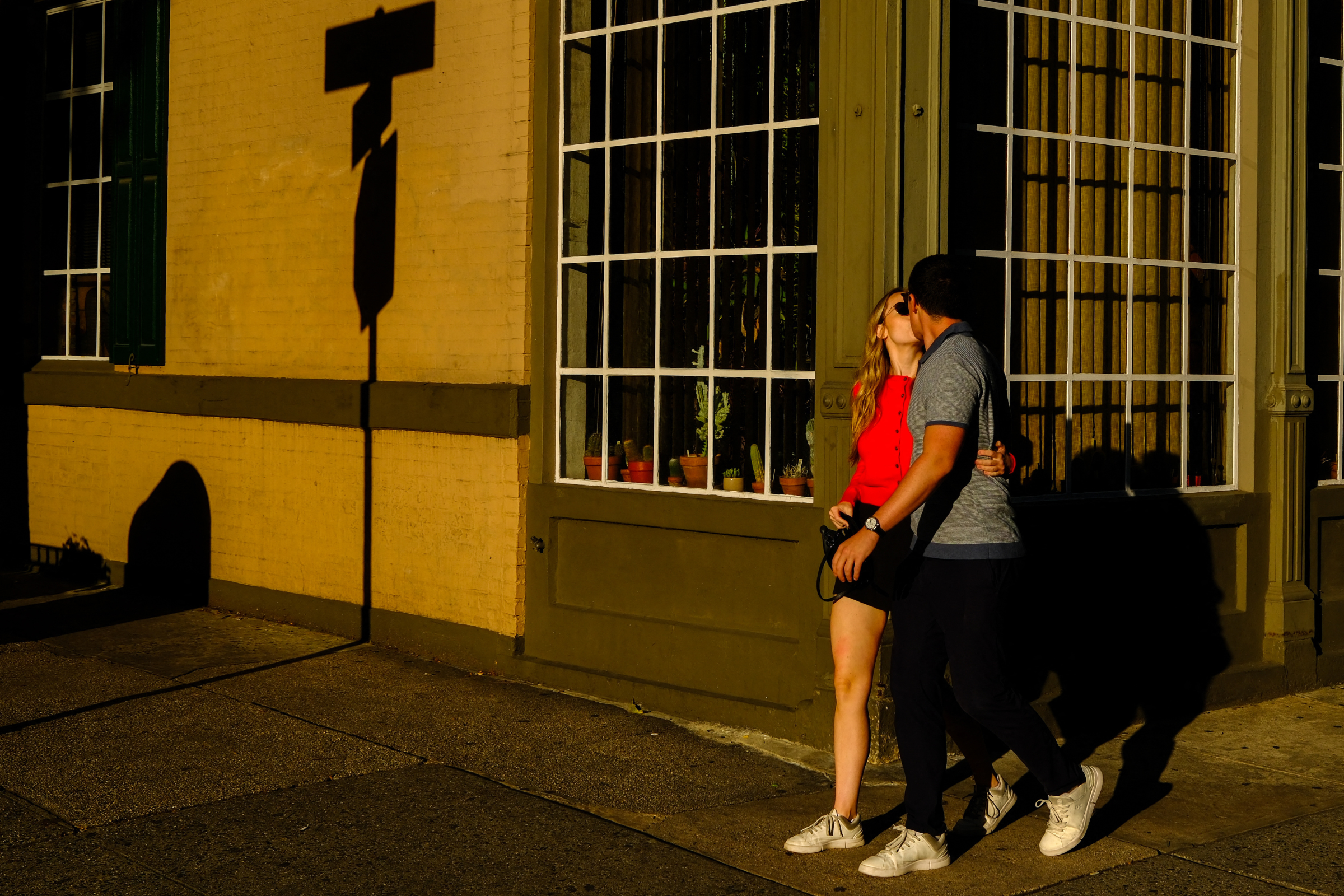That night, Khachan, owner of the last chess shop in Greenwich Village, welcomed a friend and his wife visiting from abroad.
Around 9 p.m., his guests said they wanted to get dinner. "I understood it was Sunday, but it was really hard to find any place open past 10 p.m., let alone midnight. I didn't know where to take them. It was embarrassing," Khachan said.
Longtime New Yorkers like Khachan are witnessing a strange new reality in the "city that never sleeps."
Across the city's five boroughs, establishments once open all night are now closing early, some as early as 8 p.m.. Late-night cafes have all but vanished, and late-night eateries face a similar threat. Even Khachan's chess shop, open 24/7 for decades, has started closing at midnight.
According to City Journal, this shift began at the height of the Covid-19 pandemic, when city officials forced restaurants and bars to close to prevent large gatherings. Nearly 1,000 establishments never reopened. Five years later, many that survived have yet to return to their previous hours for various reasons.
 |
New York City street on 18/5. Photo: AFP |
New York City street on 18/5. Photo: AFP
From its founding in 1964 until 2020, Sarge’s Delicatessen was open 24/7 in Murray Hill. Even a 2012 fire, which forced the deli to close until 2014, couldn't stop owner Andrew Wengrover from serving sandwiches all night. But in 2021, he started closing at 10 p.m..
New York's decline during the pandemic made him reluctant to return to the old model.
"My staff started to feel unsafe walking on the streets, taking the subway late at night. The city definitely isn't what it used to be," Wengrover said, adding that staying open 24/7 didn't fit the neighborhood's future. "Everyone is closing earlier and earlier. They're building these new high-rises. If this area becomes more commercial, the decision will be easier."
A similar situation is playing out on the Upper West Side of Manhattan, where nightclubs and bars have largely been replaced by luxury housing.
This shift has forced French Roast, a long-standing bistro in the neighborhood, to close at 10 or 11 p.m., instead of its former 24/7 schedule.
"There's simply no demand anymore. We'd lose money staying open later," said Sam Belanger, the bistro's general manager.
 |
A couple strolls in Manhattan, New York, on 19/8. Photo: AFP |
A couple strolls in Manhattan, New York, on 19/8. Photo: AFP
Torris Pelichet, a business strategist at L'Express restaurant, said New Yorkers may have become more discerning after the pandemic.
"There used to be a lot of business people, office workers sitting at the bar until two, three in the morning on weekdays, then getting up early to go to work. I think the pandemic significantly changed that. Maybe people don't value that lifestyle anymore," Pelichet said.
For other establishments, the barrier isn't a lack of customers, but a lack of staff. In the East Village, Jason Birchard, owner of a Ukrainian restaurant, is eager to return to pre-pandemic 24/7 operations but can't find the necessary workforce.
"There are very few people in the labor force looking for jobs in the hospitality industry right now. Frankly, we're even having trouble finding staff for regular daytime hours," Birchard said.
He attributes this to the rise of remote work, allowing many to try out jobs without relocating to the city.
However, he remains optimistic about a recovery.
"Right before Covid-19 hit, I was at the restaurant at 3 a.m.. It was just as busy as a normal weekday or weekend afternoon at 3 p.m.. Clearly, there's an appeal, a promise in late-night dining. Everyone loves a good meal," he said.
Duc Trung (According to NY Post, City Journal)












